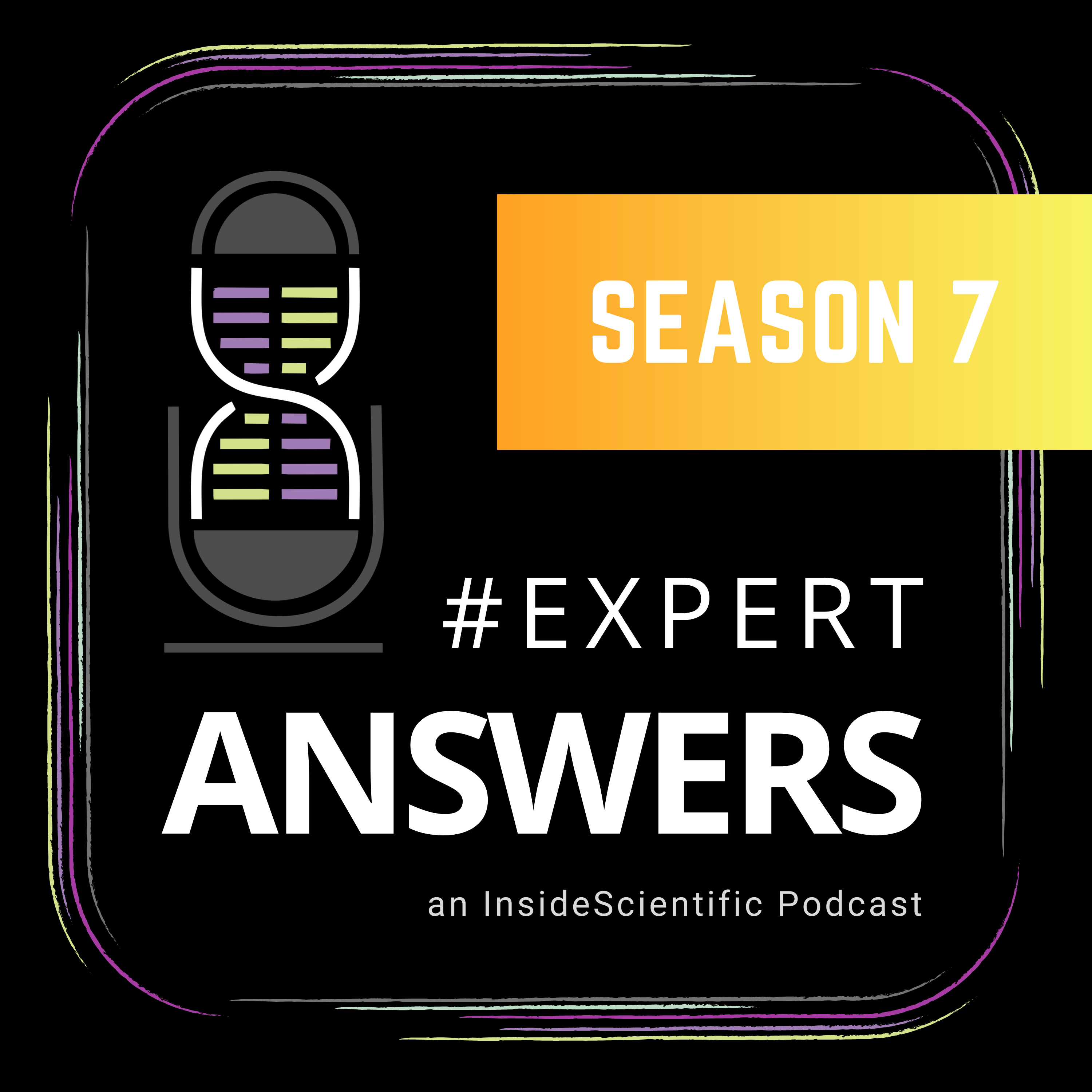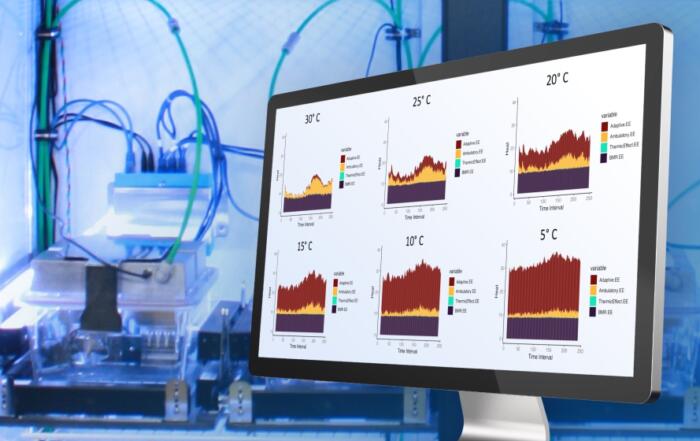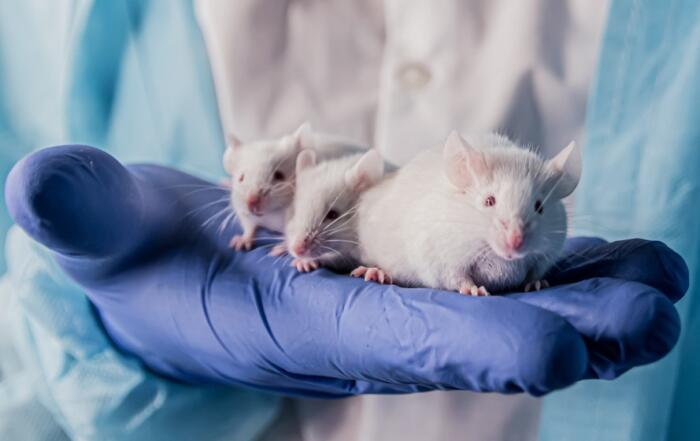Dr. Lee Kaplan discusses the role of the gastrointestinal tract and gut microbiota in the mechanism of action of bariatric surgery.
Bariatric surgery is one of the most effective treatments of obesity in adults. Unlike many drugs prescribed for the treatment of obesity, bariatric surgery has a broad range of effects, including physiological impact on the gastrointestinal tract and gut microbiota.
In this final installment of our Obesity 2020 webinar series, Dr. Lee Kaplan discusses late-breaking research and reviews various mechanisms of action of bariatric and metabolic surgery and how they affect the regulation of energy balance and metabolic function.
Click to watch the webinar recording. To view the presentation full screen simply click the square icon located in the bottom-right corner of the video viewer.
Resources
To retrieve a PDF copy of the presentation, click on the link below the slide player. From this page, click on the “Download” link to retrieve the file.
Presenters
Director
Obesity, Metabolism, and Nutrition Institute
Massachusetts General Hospital









